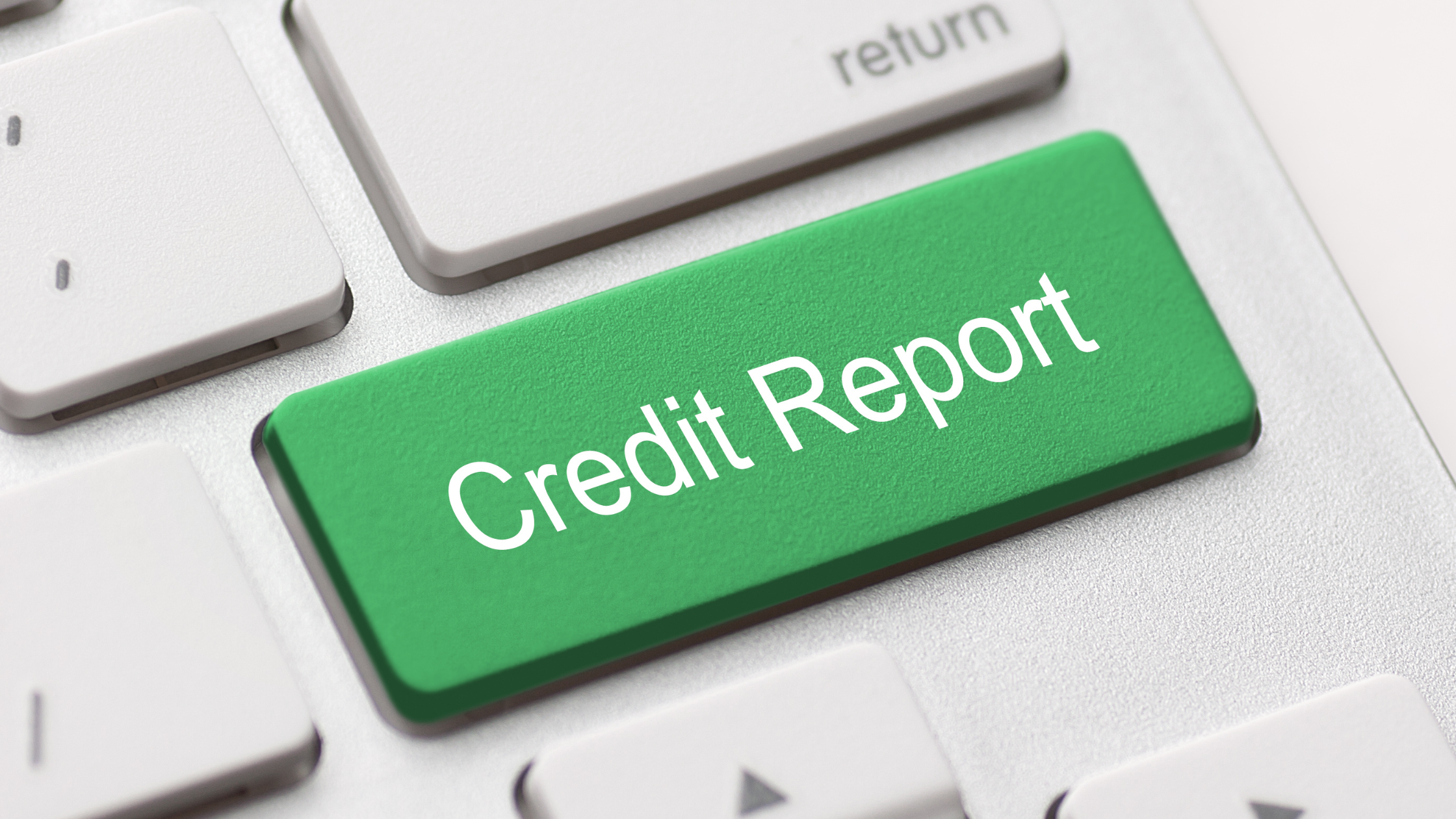If you have bad credit – or even if you’re just curious – you may want to know who can see and use your credit report. A variety of entities, such as lenders and banks, may wish to see and use your credit report for a variety of reasons. Most of the time, however, it’s to determine your creditworthiness and likelihood of making payments in full and on time. Below, you will find the types of entities who may access your credit score and report, explained in more detail.
Lenders
Lenders may want to look at your credit score and credit report for obvious reasons. The information they gather may affect their decision as far as giving you a loan and how high the interest rate may be. Fortunately, OntarioCASH doesn’t check your credit score as part of its online application process. Private online lenders, in some cases, do not even do credit checks. OntarioCASH will connect you with a lender based on your application.
You may have looked at your credit report and found something called a hard inquiry. If you see a hard inquiry on your credit report, it is because you have applied for credit in the last two years. When you apply for a mortgage, student, or auto loan, a hard inquiry will also be noted on your credit report. A hard inquiry may affect your credit score. So-called soft inquiries don’t. They can occur when you check your own credit score and report or when it is checked for a pre-approval on a rental application, for instance. A soft inquiry will not impact any of the important numbers on your report. The type of inquiry will depend on the situation and the purpose of the inquiry.
Landlords
When you fill out a rental application, the landlord may check your credit score before they make a decision. A good credit score could make the difference between you getting the apartment and not getting it. This is, of course, a big deal. You may be eager to get approved for a new apartment – for example, if you’re relocating for a new job – but a bad credit score can prevent you from getting the apartment as the landlord may see you as unreliable and potentially unable to pay your rent.
If you would like more tips on how to improve your credit score, refer to the article “7 Smart Tips to Improve Your Credit Score,” which goes into more depth on the subject.
So what do landlords look for when checking your credit?
- Your credit history – every time you make a payment, are late making one, or fail to keep up with payments entirely, the information is recorded in your credit history. A troubled credit history can indicate that you’ll have trouble paying your rent on time, which is obviously going to scare away many if not most landlords.
- Your credit score – landlords will also use your credit score to determine your likelihood of paying rent on time. Your overall score can range from 300 to 900, with 300 being the worst possible score and 900 being the best possible score. A score of 900 is seldom if ever achieved. However, any score above 650 will be considered more promising and will paint a brighter picture of your ability to pay on time, thus making it more likely that you will get approved.
- Your debt load – if you’ve had a lot of debt problems in the past, the landlord will see that on your credit report and may very well not approve your application.
- Any derogatory remarks – many landlords will also check for any derogatory remarks on your credit report to determine your level of financial risk and financial responsibility.
Banks
When you apply for a mortgage loan, for instance, the bank or another financial institution will certainly look at your credit report. A good credit score can help you land a better deal with the bank. They may give you more forgiving mortgage terms. Why? When the bank sees that you’ve maintained a good credit score until now, they will perceive you as more financially capable and responsible. Therefore, they will have more confidence that you can make the payments consistently and on time, which is, of course, the main consideration for them.
Whether you’re applying for a credit card, for personal loans, or getting a mortgage, the banks will perform a hard credit check to evaluate your eligibility and creditworthiness, so improving your credit score as much as possible is imperative to your odds of success.
Bank transactions and account balances do not affect credit reports as they are not reported to the national credit bureaus and cannot appear on your credit report at all. However, unpaid bank fees and penalties turned over to collection agencies will appear on your credit report. Therefore, it’s important to strive to avoid bank fees and penalties over missed, late, or insufficient payments.
Credit Bureaus
This one’s a no-brainer. Credit bureaus calculate your credit scores and have access to your complete credit history. Banks, landlords, and lenders may contact them for your credit score and report.
The two major credit bureaus in Canada are Equifax and TransUnion. Together with Experian, they are the largest consumer credit reporting agencies in the world, appropriately known as the “Big Three.”
Equifax collects and aggregates information on over 800 million individual consumers and more than 88 million businesses worldwide. Equifax operates or has investments in 24 countries in the Americas, Europe, and Asia Pacific.
In the meantime, TransUnion collects and aggregates information on over one billion individual consumers in over thirty countries. Like Equifax, the company markets its credit reports directly to consumers, in addition to providing reports to potential creditors.
Finally, Experian collects and aggregates information on over one billion people and businesses, including 235 million individual U.S. consumers and more than 25 million U.S. businesses.
It’s important to note that credit reports may follow somewhat different rules and regulations in different countries, so a credit report for a U.S. citizen may adhere to a somewhat different set of rules than a credit report for a Canadian citizen. Each country has its own regulations as far as credit reporting goes, so make sure you keep that in mind, particularly if you move from one country to another. Your credit history in one country may mean relatively little in another, for example, if you move from the U.S. to Canada or vice versa. It’s important to start building a good credit history as soon as possible, no matter which country you’re in, in order to help your financial future.
In Conclusion
From lenders to landlords, there may be a variety of people who can see and make use of your credit report for a variety of reasons. A good credit score is always beneficial, even necessary, so look for ways to optimize yours.
If you have a bad credit score, all is not lost. Refer to our article “7 Smart Tips to Improve Your Credit Score” for the best ways to level up your financial game. If you need instant access to a credit score and credit report, you may also wish to check out Credit Verify. It only takes a few minutes to register on their site. Once registered, you will have access to your personal financial information and additional bonus features. Check it out now. You may set yourself up for a better financial future with the help of their services.




